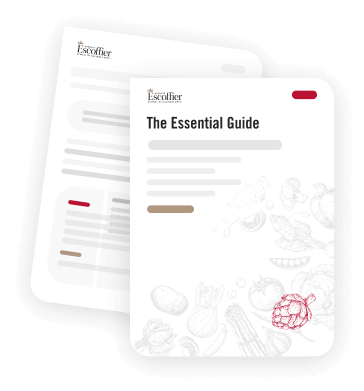The Complex Properties Of Olive Oil

You might consider wine tasting a part of your culinary arts program, but have you considered olive oil taste tests? If you are enrolled in an online cooking school program you will want to learn how to judge the finest olive oils used for food preparation.
The right olive oil can greatly enhance the flavor of your dish. A superior quality oil can be used in place of a sauce such pesto or marinara. Using olive oil as a substitute for sauces can make the dish significantly lighter and still provides flavor to the meal.
If you want to determine whether an oil will pair well with your dish you can follow the steps to olive oil tasting. There are many characteristics that can help you determine if you have the correct product on your hands.
Conducting a taste test
As you begin deciphering between olive oils, there are a few things you should do to prepare for the taste test. Use water to cleanse your palate and then pour a small amount of oil into a wine glass. Wait for about two minutes and cover the opening of the glass to keep the aroma from escaping.
After you have waited for a few moments you should uncap the glass and breathe in the aroma. Make a note of what the smell represents for you. Does the olive oil scent remind you of another food, the open air or specific ingredient? There is no right answer here, so trust your instincts!
Finally you can take a few sips of the oil to get an idea of the flavor and consistency of the product. Once you consume the oil you should be able to detect its pungency.
Peppery or tingly: A peppery feeling in the throat might not feel great to a novice taster, however it is a favorable characteristic for olive oils. Often the tingling from an olive oil tasting will be strong, but other times it can be mild. The impact will depend largely on the pungency of the particular oil.
Bitter: If the taste of the olive oil is bitter, this is seen as a positive characteristic. The fresher the olives used in making the oil, the increased bitterness in the liquid form.
Fruity: Superior olive oil should also be a little fruity in taste as this is another indicator of the fresh olives which were used to produce the the final product.
While pungency, bitterness and fruitiness are seen as positive qualities for olive oil types, there are a few tendencies you will want to avoid when choosing the best oil. If the tester tastes a lot like vinegar it has not been prepared with the utmost care and should be avoided.
If you like this post, please be sure to check out the following!
Cooking Oils 101
Palm Oil An Unhealthy Alternative

